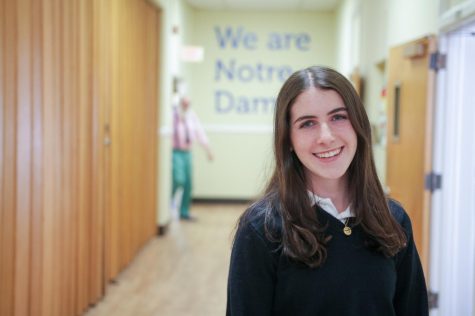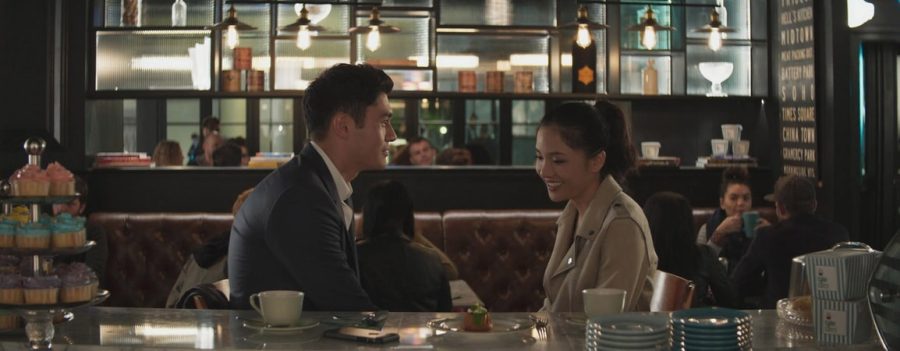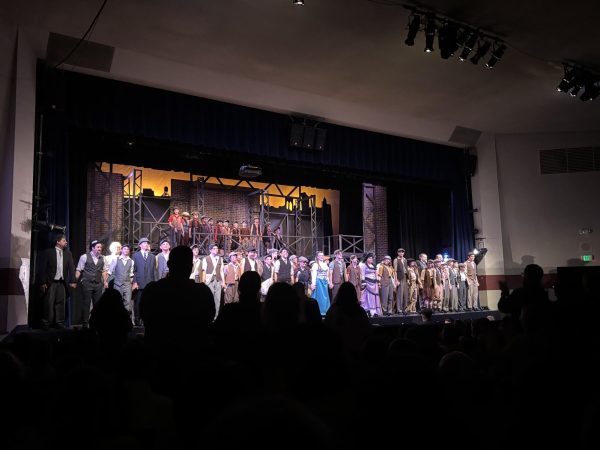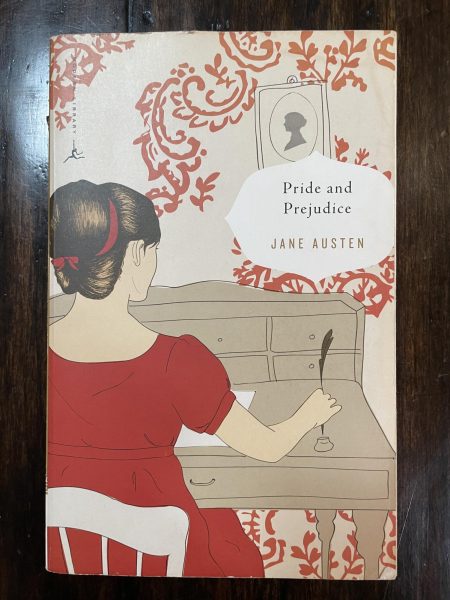Appreciating diversity in romantic comedies
The Catalyst / Photo courtesy of Warner Bros. Entertainment Inc.
Henry Golding and Constance Wu star together in the romantic comedy film “Crazy Rich Asians.”
Romantic comedies have long stood as a favorite movie genre, granting viewers the ability to enjoy a lighthearted story of two singles falling in love under unexpected, comedic circumstances. However, the genre has been criticized for lacking diversity and representation in its casting, plot structure and production. There is still much progress to be made in showcasing people of color at the center of these love stories and displaying LGBTQ+ relationships, but recent films show a positive trend in creating a more accurate and dynamic picture of love on screen.
Some of the late 1990s and early 2000s’ most popular rom-coms including flicks such as “You’ve Got Mail,” “Pretty in Pink,” “27 Dresses” and more have something in common other than their cult classic status: they feature two white leads. For a long time, movies of all genres, including romantic comedies, have failed to showcase people of color at the center of the film’s plot, often placing them as undeveloped side characters. According to UCLA’s 2022 Hollywood Diversity Report, in 2011, only 10.5% of top films featured minority leads. However, the study also found that minority representation is trending upwards with 38.9% of top movies in 2021 casting minority leads. As Hollywood becomes more aware of the appeal and significance of inclusivity across all movie genres, the romantic comedy genre is gradually changing its stereotypical tendencies.
Acclaimed movies such as “The Big Sick,” which showcases the relationship between a Pakistani comic and American student, and “Crazy Rich Asians,” which ranked as the seventh highest grossing romantic comedy and is the first all Asian casted romantic comedy, are just two of the recent films that have contributed to the racial and ethnic diversity of the genre. Additionally, the newly released Netflix original movie “You People,” starring Jonah Hill and Eddie Murphy, has made a powerful impression on audiences, with its modern, honest story about an interracial couple who deal with their families’ clashing religious and cultural expectations.
In addition, more romantic comedies are highlighting same sex couples and granting greater LGBTQ+ representation. “Love, Simon,” which premiered in 2018, tells the story of a closeted gay 17 year old high school student who tries to find love with an anonymous online confidant. The increasing display of inclusivity is flowing into heartwarming holiday films as well, with movies like “Single All the Way,” which premiered on Netflix in 2021 and tells the story of a newly single gay man who falls in love with his best friend at the hands of his match making family.
Romantic comedies give hope to audiences about the possibility of love and finding their perfect partner. New movies that disrupt old, conventional depictions of love and show a range of different types of relationships are so important because everyone deserves to be able to picture themselves as the center of an idealistic romance. Love comes in all different shapes and sizes and it is important that everyone, including the media, remembers that this Valentine’s Day.

Genevieve is a senior at NDB and is one of the Opinion Editors for the Catalyst. This is her first year on the Catalyst Staff.
She plans to major in...





